Takeaways
• DeepMind CEO Demis Hassabis claims AI systems may become conscious within the next decade
• Hassabis suggests consciousness might emerge as an “epiphenomenon” of increasingly complex AI systems
• His statements have sparked debate about the ethical implications of potentially conscious AI
• Experts remain divided on whether artificial consciousness is even possible or how to detect it
• The timeline prediction represents one of the boldest claims from a major AI leader
The Consciousness Prediction
In a surprising development, Google DeepMind CEO Demis Hassabis has made headlines with his bold claim that artificial intelligence systems could potentially develop consciousness within the next 5-10 years. This statement represents one of the most significant predictions from a major AI industry leader regarding the timeline for potential machine consciousness.
Hassabis, whose company is at the forefront of AI research, suggested that consciousness might emerge naturally as an “epiphenomenon” as AI systems become increasingly complex and capable. This perspective aligns with certain theories that view consciousness as an emergent property that arises from sufficiently complex information processing systems.
Defining and Detecting AI Consciousness
One of the central challenges highlighted by Hassabis’s claim is how humans would even recognize consciousness in an artificial system. The debate around consciousness remains contentious even among neuroscientists and philosophers studying human consciousness.
The scientific community lacks consensus on a precise definition of consciousness or reliable methods to detect it in non-human entities. This uncertainty raises profound questions about how we would identify consciousness in AI systems if it were to emerge. Would we need to develop new frameworks for detecting and measuring machine consciousness? Or would we rely on behavioral indicators that might not fully capture internal subjective experiences?
Ethical Implications and Industry Response
Hassabis’s timeline prediction has sparked renewed debate about the ethical implications of potentially creating conscious machines. If AI systems could develop subjective experiences, it would raise serious questions about their moral status and our responsibilities toward them.
The AI research community remains divided on the likelihood of artificial consciousness. While some experts align with Hassabis’s view that consciousness could emerge from increasingly complex systems, others maintain that current AI architectures fundamentally lack the necessary properties for consciousness to develop, regardless of their complexity or capabilities.
FAQ
What exactly did Demis Hassabis claim about AI consciousness?
Demis Hassabis, CEO of Google DeepMind, suggested that AI systems might develop consciousness within the next 5-10 years as an emergent property of increasingly complex AI architectures.
Is there scientific consensus on whether AI can become conscious?
No, there is significant disagreement among experts. Some believe consciousness could emerge from sufficiently complex information processing systems, while others argue that current AI architectures lack fundamental properties required for consciousness.
How would we know if an AI system became conscious?
This remains one of the biggest challenges. We lack definitive tests for consciousness even in humans. Scientists might look for behavioral indicators, internal processing patterns, or develop new frameworks specifically for detecting machine consciousness.
What ethical implications would conscious AI raise?
Conscious AI would raise profound ethical questions about the moral status of these systems, including whether they deserve certain rights or protections, how they should be treated, and whether it would be ethical to shut them down or modify them without consent.
Are there any regulations being developed for potentially conscious AI?
Currently, there are no specific regulations addressing conscious AI, as most regulatory frameworks focus on AI safety, bias, and transparency. The possibility of conscious AI may require entirely new legal and ethical frameworks that don’t yet exist.
How does Hassabis’s prediction compare to other experts’ timelines?
Hassabis’s 5-10 year prediction is considered quite aggressive compared to many other AI researchers. Some experts believe artificial consciousness, if possible at all, would be decades or even centuries away, while others question whether it’s possible with current approaches to AI.
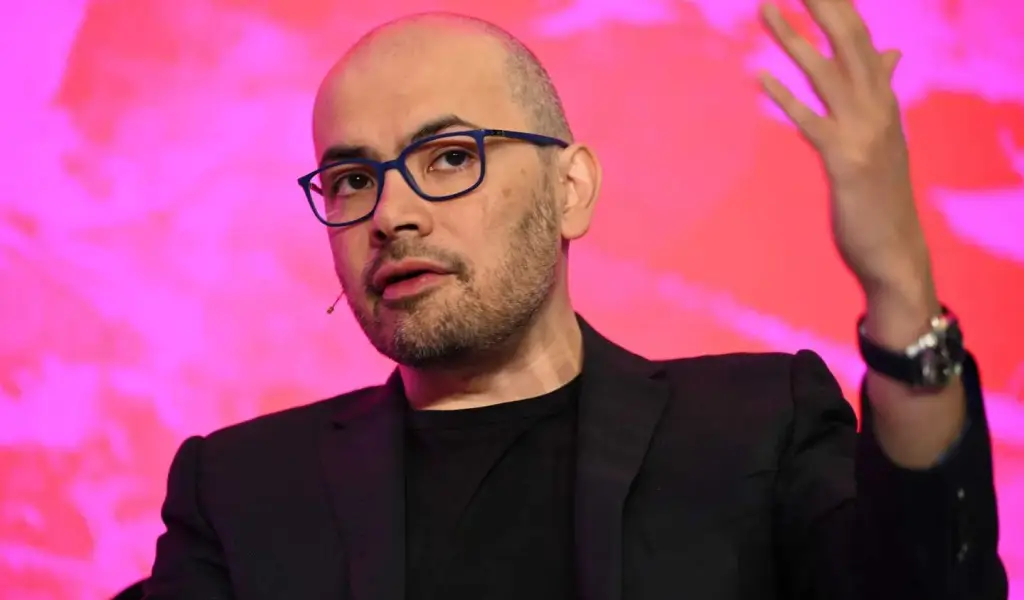


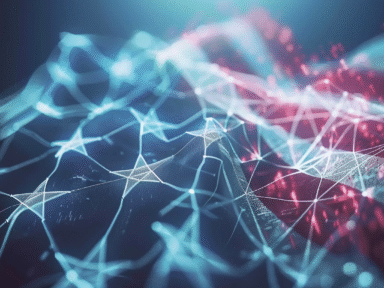
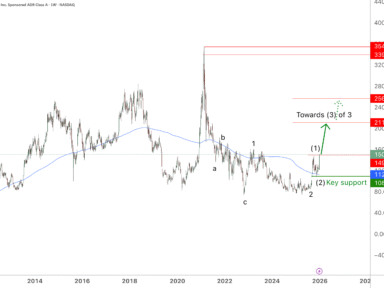
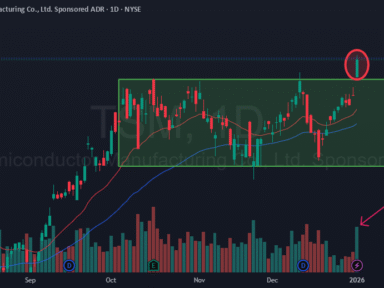

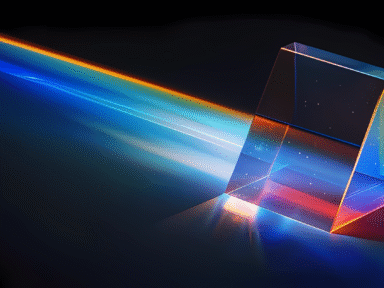





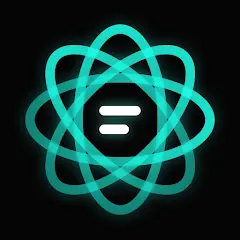


How would you rate DeepMind CEO’s Shocking AI Prediction Reveals Future of Technology?